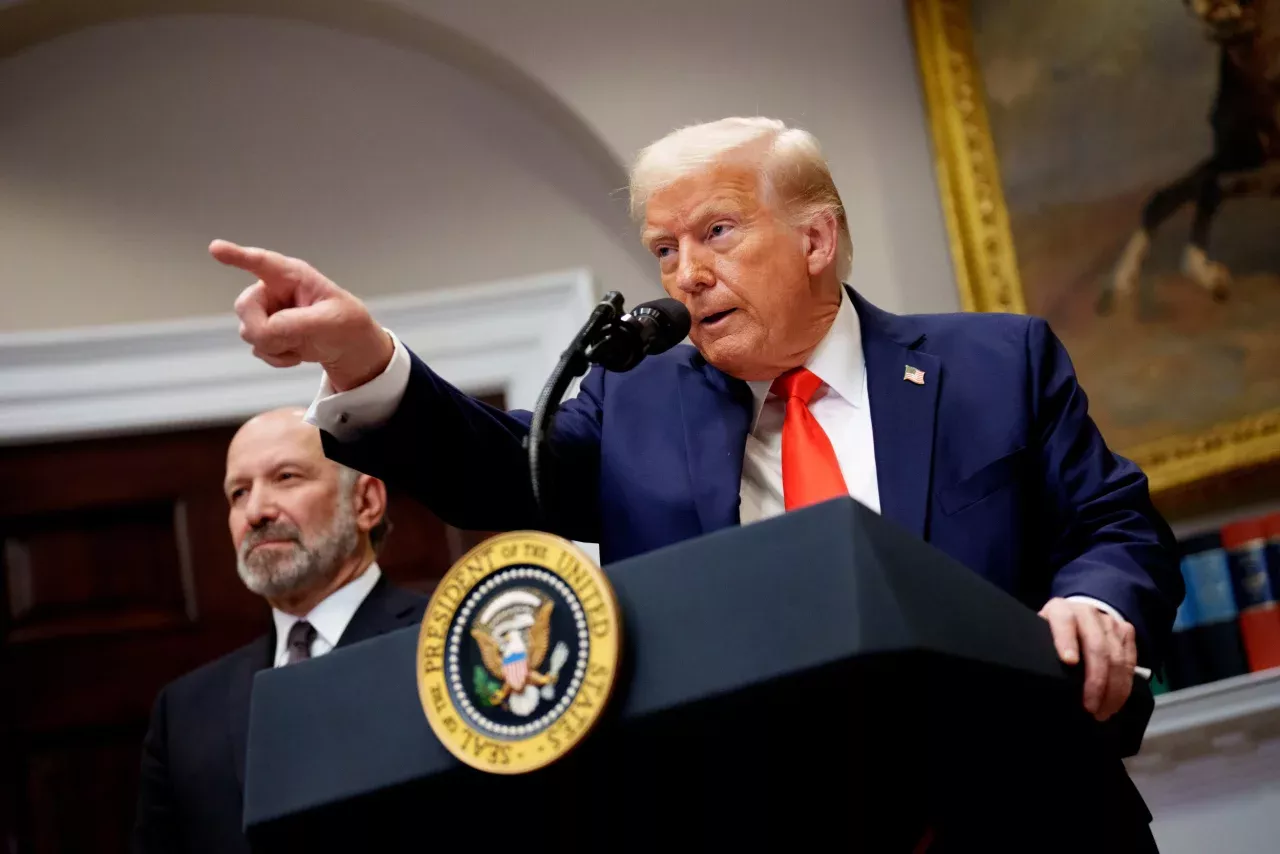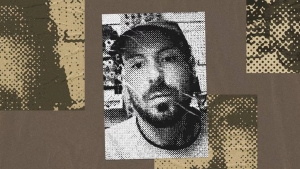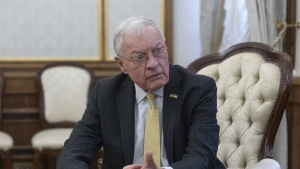
US President Donald Trump has declared his firm opposition to Israel's plan to annex the West Bank of the Jordan River. This was reported by Zamin.uz.
He spoke about this in an interview with "The Time" magazine. According to Trump, he promised Arab state leaders on this matter, and breaking this promise could seriously damage the US's position in the region.
According to the president, if Israel officially attempts to annex the West Bank, all aid provided by the US could be halted. He emphasized that such a step should not be taken because Arab countries have greatly supported the US.
Although this interview was given on October 15, its publication in the magazine coincided with the day the Israeli parliament – the Knesset – approved the West Bank-related bill in its first reading. This document, adopted on October 22, envisages the establishment of Israeli sovereignty over territories in the West Bank.
For the bill to come fully into effect, it must pass three more votes. This decision has sparked intense debates on the international stage.
In recent days, US Vice President Mike Pence, who was in Israel, also strongly criticized this bill. He called it not a political move but a foolish political act and stated that he personally took it as an insult.
Additionally, US Secretary of State Marco Rubio emphasized that the annexation plans could threaten the peace plans in the Gaza Strip developed by the Trump administration. For reference, in July of this year, the Israeli parliament also adopted a document recognizing the West Bank of the Jordan River as an "inseparable part of the historical homeland of the Jewish people."
This decision was strongly criticized by the international community. Since the 1967 war, Israel has continued building illegal settlements in the West Bank territory.
To date, about 160 Jewish settlements have been established in this area, with over 700,000 Jewish residents living there. International organizations, including the UN, consider these constructions as acts of aggression and violations of international law.
On December 23, 2016, the UN Security Council demanded that Israel immediately stop building settlements on occupied Palestinian lands. The human rights organization "Peace Now" also condemned the Israeli government's actions, stating that they are aimed at fully occupying the West Bank.
Furthermore, a statement distributed by over 460 Jewish intellectuals worldwide – including scholars, politicians, and cultural figures – demanded that Israel end apartheid and genocide policies in the occupied Palestinian territories. Analysts believe that Trump's statement does not indicate a shift to an anti-Israel position.
On the contrary, he continues to support Tel Aviv as a strategic ally. It is worth recalling that in December 2017, Trump recognized Jerusalem as the capital of Israel.
This decision was sharply criticized by the Palestinian administration and Washington's partners in the European Union. The current situation is again escalating.
Concerns are being expressed that Israel's new annexation moves could complicate the peace process in the region and intensify conflicts in the West Bank.







